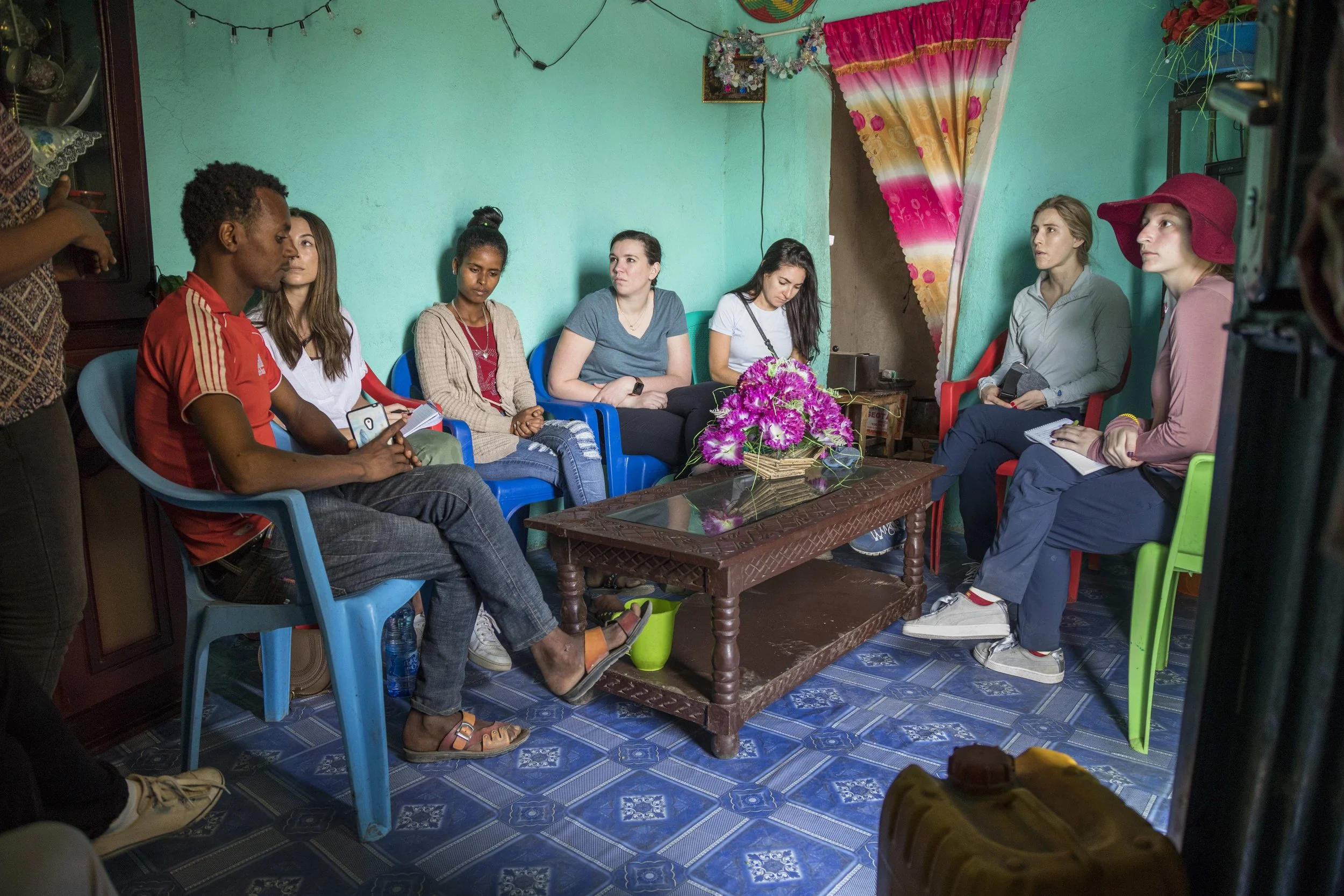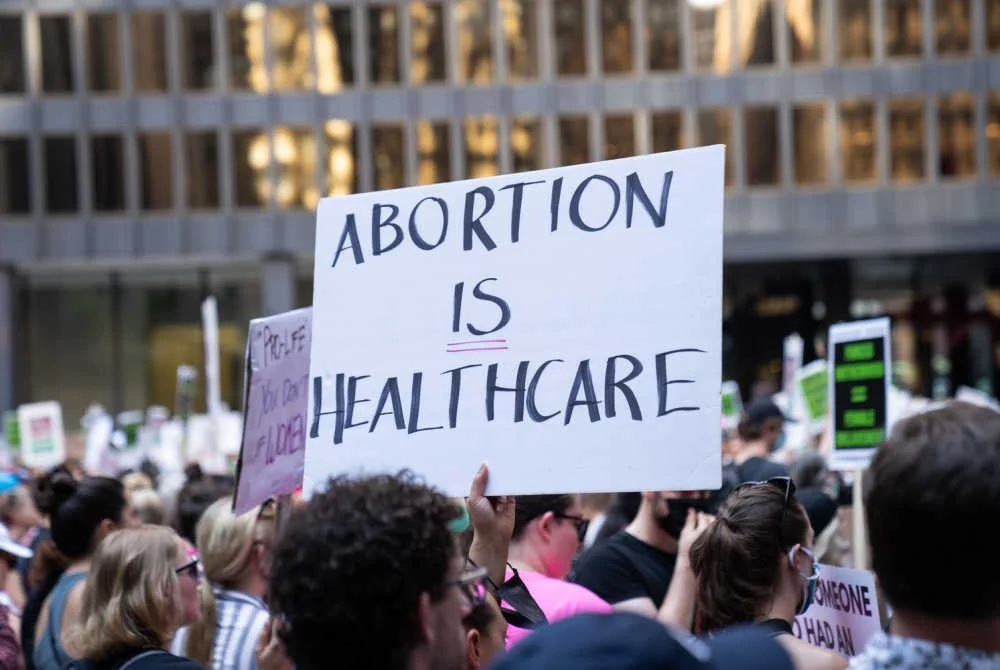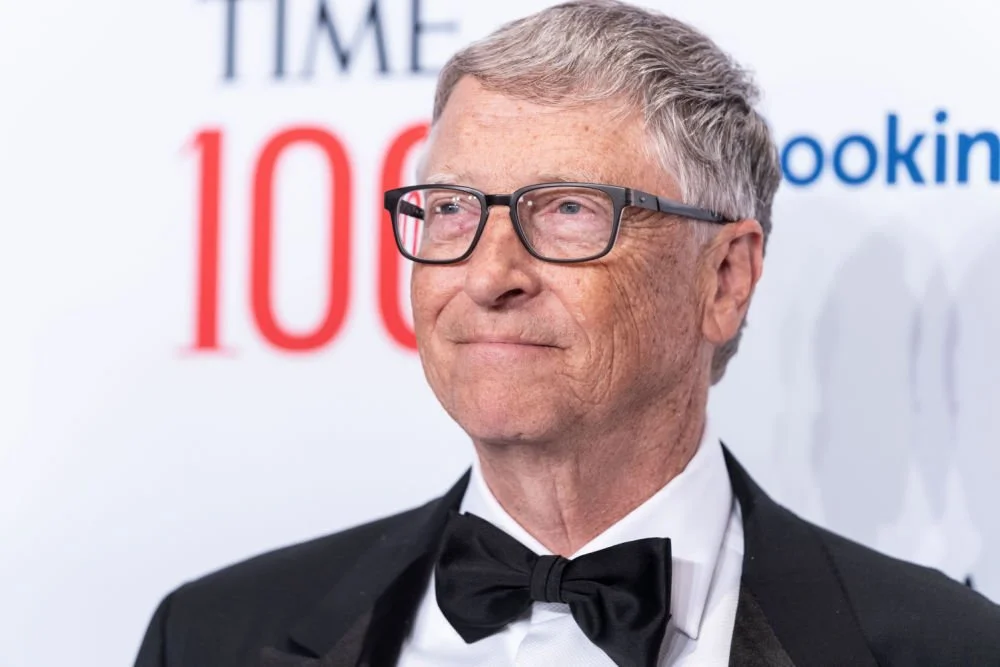Truth Squad: Bloomberg's Latest Move to Fight Big Tobacco in the Global South
/photo: Drevs/shutterstock
Bloomberg Philanthropies recently revealed the three groups picked to lead Stopping Tobacco Organizations and Products (STOP), the funder’s anti-tobacco watchdog organization. The new organization will receive $20 million over the next three years to investigate and expose the tobacco industry’s marketing and lobbying tactics, and share tools and strategies to thwart them.
The work will focus on low- and middle-income countries, where the tobacco industry moved its quest for new addicts as smoking rates declined in developed countries. Now, 80 percent of the world’s 1.1 billion smokers live in low- and middle-income countries. Tobacco kills up to half of its users, according to the World Health Organization. The substance is responsible for 6 million deaths a year. That number is on pace to increase to 8 million a year by the 2030s.
Michael Bloomberg and his foundation are easily the tobacco industry’s biggest foes in philanthropy. The tycoon, who is worth an estimated $51.7 billion, has invested about $1 billion into efforts to curb the influence of big tobacco since 2007.
The vehicle for most of this work, the Bloomberg Initiative to Reduce Tobacco Use, focuses on policy change and public awareness to reduce the global demand for tobacco. The initiative advocates for policy changes backed by the World Health Organization. Those policies include creating smoke-free public spaces, banning tobacco advertising, increasing taxes on products, requiring graphic warnings on cigarette packs and supporting mass media anti-smoking campaigns.
Bloomberg is joined in the fight against the tobacco industry by the Bill and Melinda Gates Foundation, which has poured an estimated $200 million into the work since 2008. In the past, the two funders collaborated in 2015 to start the Anti-Tobacco Trade Litigation Fund, which helps low- and middle-income countries fend off trade suits from tobacco companies.
It’s worth mentioning one other big philanthropic investment to end smoking from an unlikely source. Last year, Philip Morris International, the company behind Marlboro, pledged $80 million a year for 12 years to launch the Foundation for a Smoke-Free World.
Related: Wait, What? Tobacco Giant Backs Foundation to End Smoking
Derek Yach, a former World Health Organization official, was tapped to run the new outfit. Yach is a vocal supporter of e-cigarettes, which represent a new source of income for tobacco companies as smoking declines. Philip Morris is said to be preparing for a smoke-free future. More than 3 million smokers have switched to the company’s e-cigarette, according to Bloomberg.
The Foundation for a Smoke-Free World stressed its independence from its only funder, but its launch was widely criticized by groups that oppose the tobacco industry. Critics cited the tobacco industry’s dubious track record of supporting misleading research to promote its products. Others voiced fears the foundation would provide a front for the tobacco company to have a say in policy-making, which is banned in 181 countries under the World Health Organization’s Framework Convention on Tobacco Control.
The tobacco-industry-backed foundation represents exactly the type of tactic STOP intends to expose. While the Initiative to Reduce Tobacco Use emphasizes proactive policy changes to curb smoking, STOP will focus instead on investigating Big Tobacco’s efforts to subvert that work.
“When I was a kid, tobacco advertisements often featured fake doctors selling the health benefits of cigarettes. Today, tobacco companies are still hiding the truth about their deadly products—and finding new ways to get around laws that protect public health,” Michael Bloomberg said. “STOP will protect consumers by shining a spotlight on the tobacco industry’s underhanded tactics, including marketing directed at children.”
STOP was first announced back in March, along with a competition to pick which organizations would run it. The three winning organizations are the University of Bath in the United Kingdom, the Global Centre for Good Governance in Tobacco Control in Thailand, and the International Union Against Tuberculosis and Lung Disease in France.
All three organizations maintain public resources that aid those fighting the tobacco industry’s influence. Bath University’s Tobacco Control and Research Group operates tobaccotactics.org, which has more than 750 profiles of individuals and entities linked to the industry. The Global Centre for Good Governance in Tobacco Control houses the South-East Asia Tobacco Alliance, which produces the Tobacco Industry Interference Index, a survey of the public health policies across the region and their level of resistance to industry influence. The union in France helps maintain the Tobacco Atlas, an online resource of statistics and public health interventions.
Part of the $20 million will bolster those three resources by adding big data and crowdsourcing capabilities, along with analysis of whistleblower documents. Some of the funding will be distributed to NGOs as grants.
The funding will also support a rapid response team that will produce briefs, exposés, opinion pieces and social media content that local advocates can use. STOP will also identify situations where public policy interventions will make the biggest difference.
Related:







































